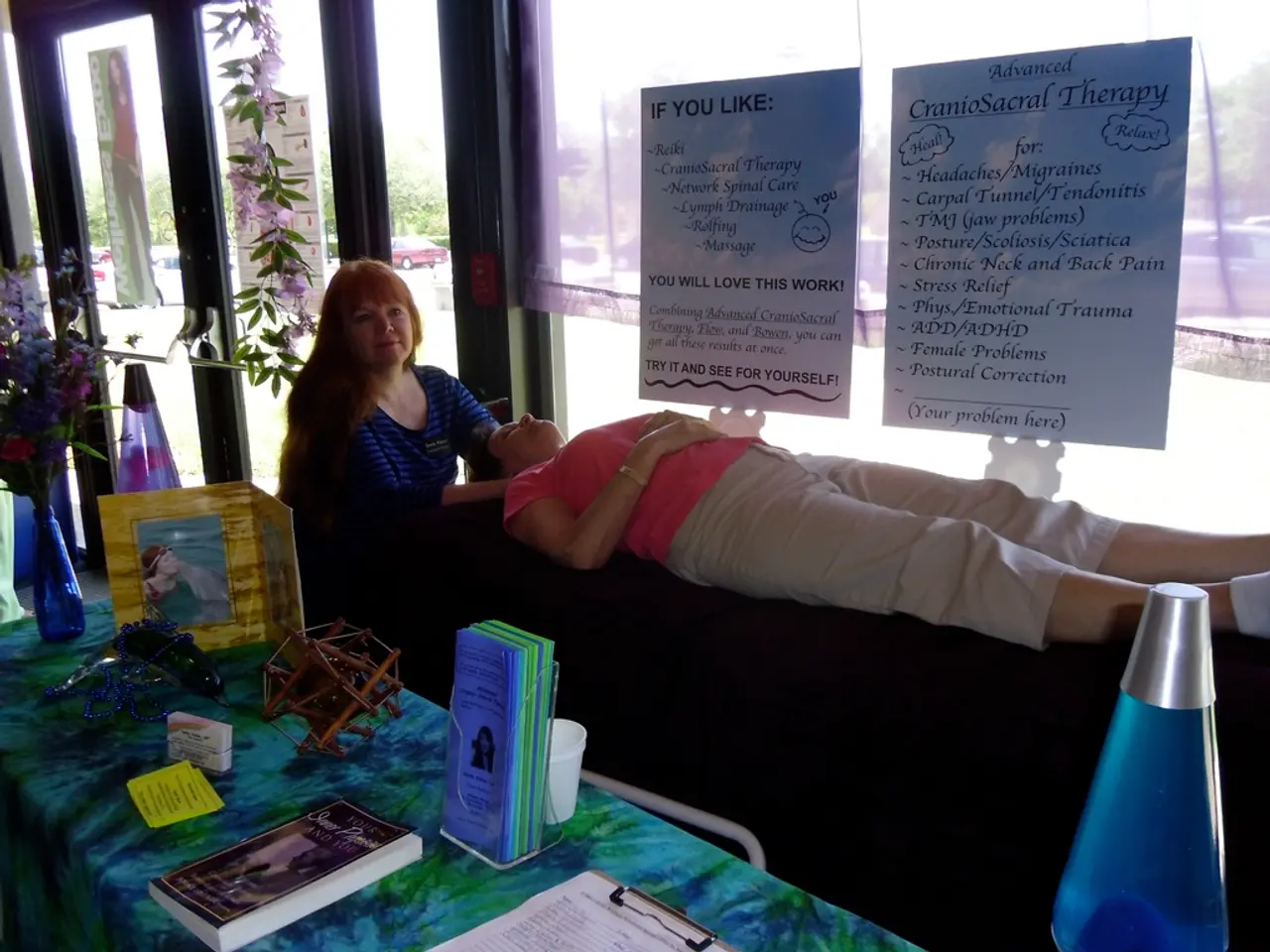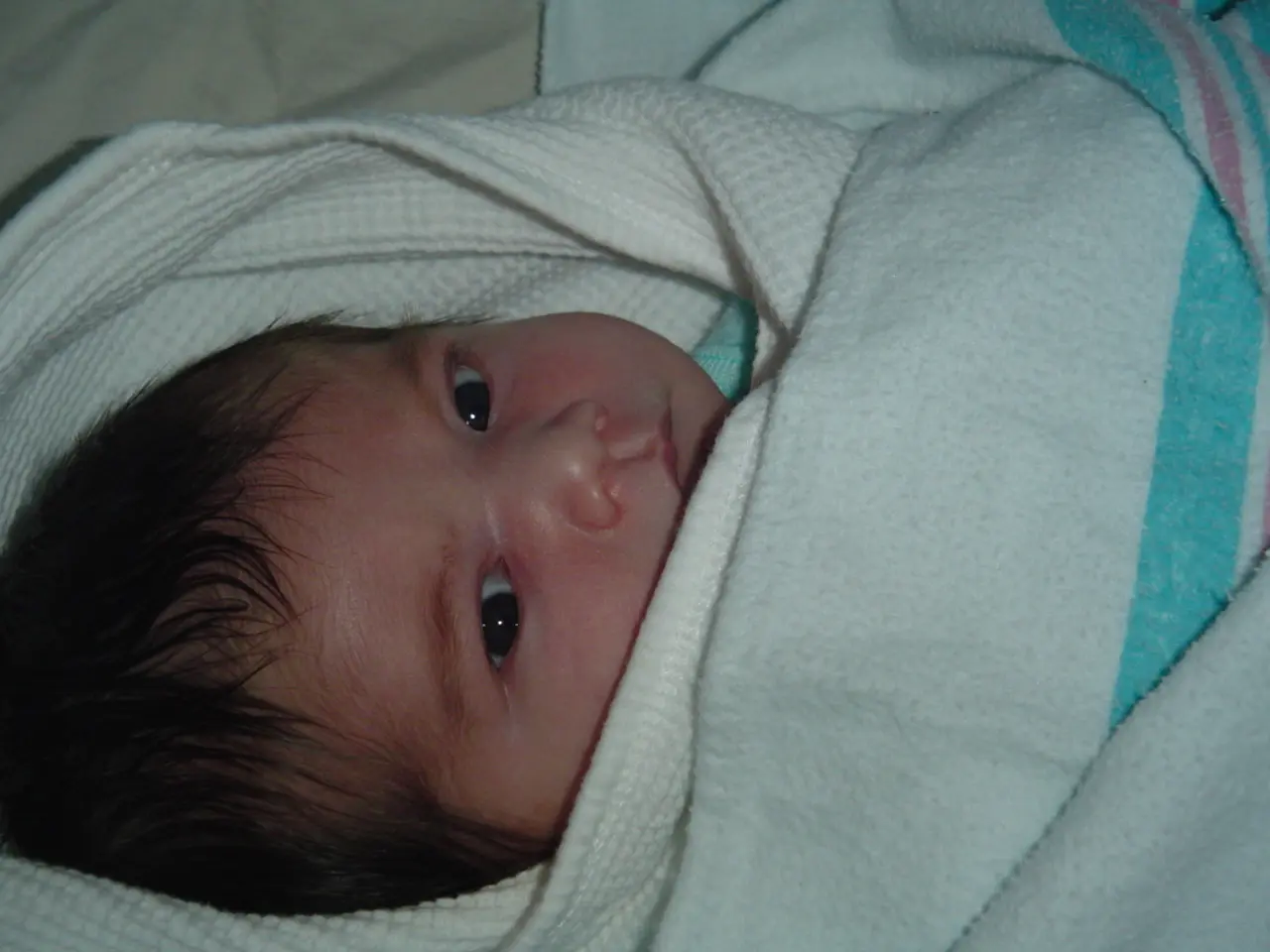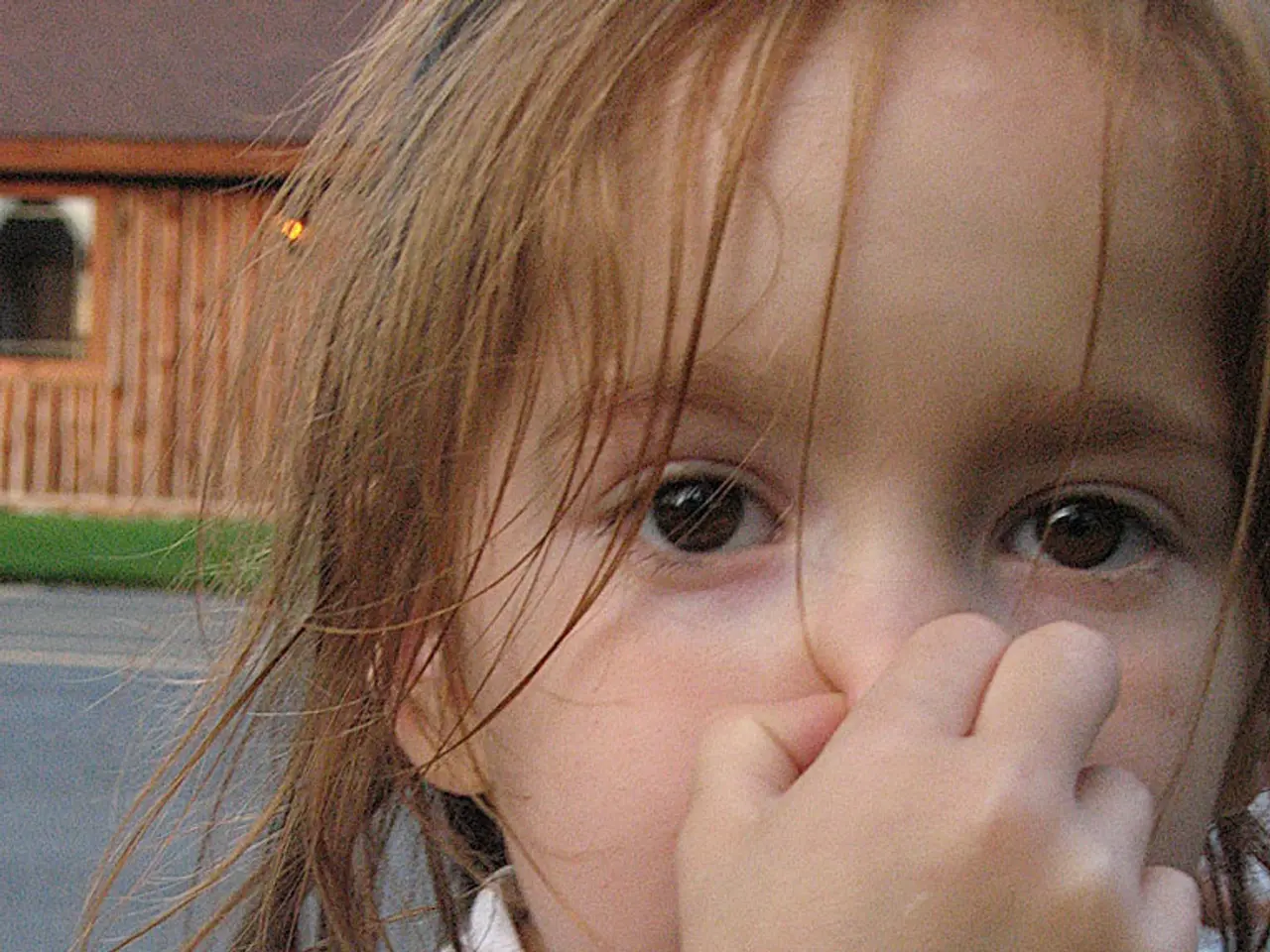Unraveling the Roots of Despair: Exploring the Causes of Depression and Offering a ray of Hope
Depression, a complex mental health condition affecting millions worldwide, is characterized by persistent feelings of sadness, hopelessness, and a loss of interest in daily activities. This condition can lead to self-sabotaging behaviors, such as withdrawal from social activities, neglecting self-care, and engaging in unhealthy coping mechanisms, which in turn reinforce the cycle.
However, there is hope for those struggling with depression. Effective strategies for breaking the vicious cycle involve a combination of psychological therapies, lifestyle changes, mindfulness practices, and building a strong support network.
One such strategy is Cognitive Behavioral Therapy (CBT), one of the most effective psychotherapies for depression. CBT focuses on recognizing and challenging negative automatic thoughts, replacing distorted beliefs with balanced, realistic thinking, developing problem-solving skills, setting achievable goals, and practicing new behaviors to counteract depressive symptoms. This present-focused, practical technique helps reduce symptoms and prevent future relapses.
Mindfulness practices, such as meditation and focused breathing, can complement therapy by increasing awareness of negative thought patterns without judgment and promoting emotional regulation. Mindfulness-based cognitive therapy (MBCT) is an established approach to help prevent depression relapse.
Healthy lifestyle behaviors also play a crucial role in depression treatment and symptom management. Regular physical activity, a nutritious diet rich in fruits, vegetables, whole grains, lean proteins, and nuts, consistent, sufficient sleep tailored to age needs, and strengthening relationships and social connections improve overall well-being and can reduce depressive symptoms significantly.
Building a support network is vital in recovery from depression. This can involve strengthening ties with family and friends to combat isolation, joining support groups or community activities, engaging in therapies such as interpersonal psychotherapy (IPT), which targets improving communication and relationships to reduce stress and depressive triggers, and couples or family therapy to create mutual support within intimate relationships. A strong support system helps diminish feelings of loneliness and provides practical and emotional assistance during difficult times.
It's important to note that these triggers do not always lead to depression, and depression can sometimes occur without an apparent trigger. Common triggers for the onset of depression include negative life events, chronic stress, biological factors, social isolation, and relationship problems. Cognitive distortions, such as negative self-talk, catastrophizing, overgeneralization, and all-or-nothing thinking, play a significant role in initiating and maintaining the vicious cycle of depression.
In summary, breaking the cycle of depression is most effective when combining CBT to reframe negative thoughts, mindfulness to enhance emotional regulation, healthy lifestyle changes to improve physical and mental resilience, and building a supportive social network to provide ongoing emotional and practical support. This integrated approach addresses depression’s multifaceted nature and fosters long-term recovery.
Early identification and a personalized treatment plan combining these strategies lead to better outcomes. Recognizing depression symptoms early and taking action can prevent the cycle from gaining momentum and find your way back to emotional well-being. Even in cases of crippling depression, there is hope for recovery with the right support and treatment.
- Depression, characterized by persistent feelings of sadness and neglecting self-care, can lead to burnout and unhealthy coping mechanisms, reinforcing the cycle.
- Cognitive Behavioral Therapy (CBT), which focuses on challenging negative thoughts and setting achievable goals, is a psychological therapy that helps reduce symptoms of depression.
- Mindfulness practices, such as meditation and focused breathing, can complement therapy by promoting emotional regulation and preventing depression relapse.
- Healthy lifestyle behaviors, including regular physical activity, a nutritious diet, consistent, sufficient sleep, and strengthening relationships, improve overall well-being and can reduce depressive symptoms significantly.
- Building a support network through family, friends, support groups, and therapies like interpersonal psychotherapy (IPT) and couples or family therapy, helps diminish feelings of loneliness and provides practical and emotional assistance during difficult times in mental health recovery.




